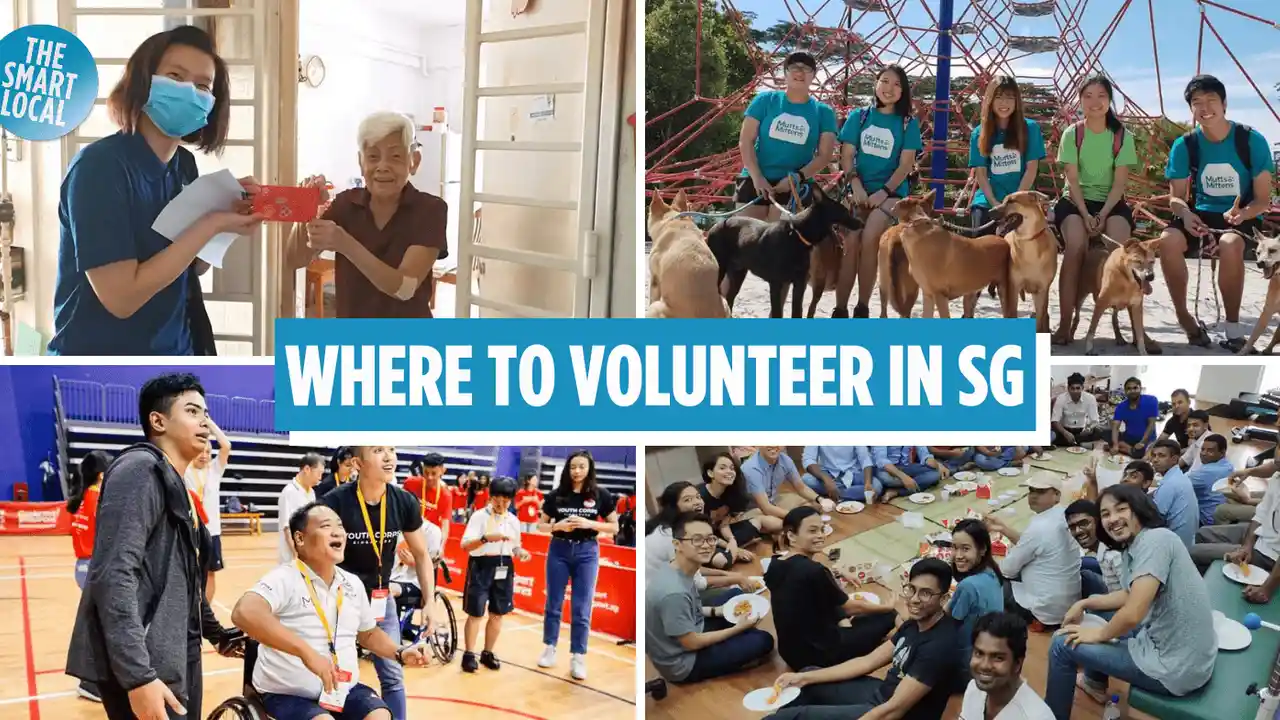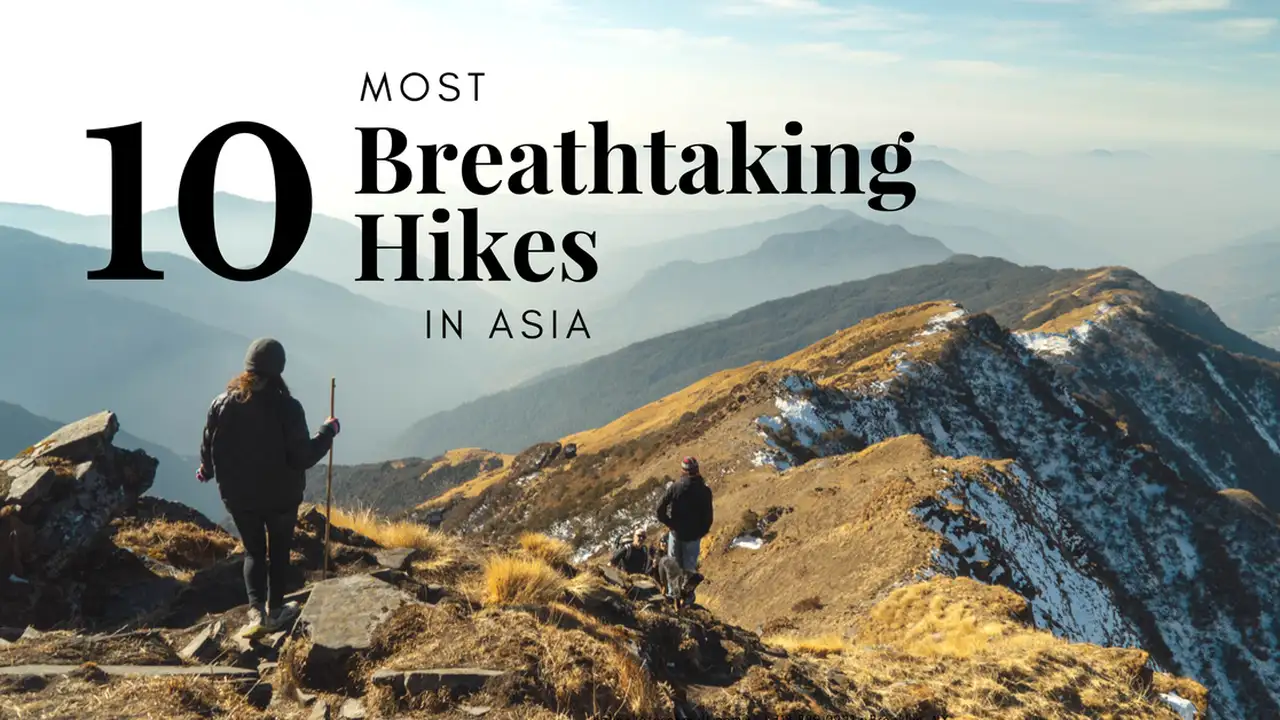Southeast Asia: Best Places for Volunteering

Volunteering in Southeast Asia Your Ultimate Guide to Ethical Travel
So, you're thinking about Southeast Asia, huh? Beaches, temples, amazing food… and maybe something more? Something like giving back? Volunteering in Southeast Asia is an incredible way to experience the region on a deeper level. But it's not all sunshine and rainbows. You gotta do your research and make sure you're actually helping, not hurting. Let's dive in!
Why Volunteer in Southeast Asia The Impact You Can Make
Southeast Asia is a region of incredible beauty and vibrant culture, but it also faces significant challenges. Poverty, environmental degradation, and lack of access to education and healthcare are just a few of the issues. By volunteering, you can contribute to positive change in these areas. Imagine helping a local community build a sustainable water source, teaching English to underprivileged children, or protecting endangered wildlife. The possibilities are endless!
Choosing the Right Volunteering Program Ethical Considerations & Research Tips
This is where things get serious. Not all volunteering programs are created equal. Some are downright exploitative, using vulnerable communities for profit. Here's how to avoid the "voluntourism" trap:
- Do your research: Look for organizations with a proven track record and transparent practices. Check online reviews and ask for references.
- Focus on community needs: Make sure the program addresses the actual needs of the community, not just what looks good on a brochure.
- Consider your skills: Choose a program that aligns with your skills and experience. Are you a teacher? A builder? A healthcare professional?
- Ask tough questions: Don't be afraid to ask the organization about their sustainability practices, their impact on the local community, and how they ensure the well-being of their volunteers.
Top Volunteering Opportunities in Southeast Asia Project Ideas & Location Guides
Okay, so where can you actually volunteer? Here are a few ideas to get you started:
- Teaching English in Vietnam: Help children and adults improve their English skills and open up new opportunities.
- Conservation in Thailand: Protect elephants, sea turtles, or other endangered species.
- Community development in Cambodia: Work on projects that improve sanitation, access to clean water, or education.
- Healthcare in Myanmar: Provide medical assistance to underserved communities.
Gear Up For Your Volunteer Trip Essential Packing List & Travel Accessories
Now, let's talk gear! You'll need to pack smart for your volunteer trip. Here are a few essentials:
- Backpack: A durable backpack with plenty of room for your belongings. I recommend the Osprey Atmos AG 65 (around $270). It's super comfortable and has tons of features. For a more budget-friendly option, check out the Kelty Redwing 50 (around $140).
- Water Filter Bottle: Essential for staying hydrated in Southeast Asia. The LifeStraw Go (around $40) is a great option. It filters out bacteria and parasites, making tap water safe to drink.
- Insect Repellent: Mosquitoes are a real problem in Southeast Asia. Look for a repellent with DEET or picaridin. Sawyer Products Premium Insect Repellent (around $10) is a popular choice.
- Sunscreen: Protect your skin from the strong Southeast Asian sun. Neutrogena Ultra Sheer Dry-Touch Sunscreen (around $12) is a good option.
- First Aid Kit: A basic first aid kit is a must-have. You can buy a pre-made kit or assemble your own.
Staying Connected Travel SIM Cards & Communication Tools
Staying connected is important, especially when you're volunteering. Here are a few options:
- Local SIM Card: The easiest way to get data and make calls. You can buy a SIM card at the airport or in most cities. Brands like AIS (Thailand), Viettel (Vietnam), and Smart (Philippines) offer affordable plans. Expect to pay around $5-10 for a SIM card with a decent amount of data.
- Portable Wi-Fi Hotspot: A good option if you need to connect multiple devices. Skyroam Solis Lite (around $150) is a popular choice.
- Communication Apps: WhatsApp, Viber, and WeChat are widely used in Southeast Asia.
Southeast Asia Travel Insurance Peace of Mind for Your Trip
Don't leave home without travel insurance! It can protect you from unexpected medical expenses, lost luggage, and other travel mishaps. World Nomads is a popular option for adventure travelers. Prices vary depending on your trip length and coverage.
Responsible Volunteering Ensuring a Positive Impact
Remember, the goal is to make a positive impact. Be respectful of the local culture, learn a few basic phrases in the local language, and be open to new experiences. By following these tips, you can have an amazing and meaningful volunteer experience in Southeast Asia.
Volunteer Travel Budgeting Tips Saving Money While Giving Back
Volunteering doesn't have to break the bank. Here are some tips for saving money:
- Look for affordable programs: Some programs are more expensive than others. Do your research and compare prices.
- Cook your own meals: Eating out can be expensive. Try cooking your own meals at least some of the time.
- Stay in budget accommodation: Hostels and guesthouses are much cheaper than hotels.
- Travel during the off-season: Prices are generally lower during the off-season.
Cultural Immersion Tips Learning the Local Customs
Immerse yourself in the local culture! Learn a few basic phrases, try the local food, and attend local events. This will help you connect with the community and have a more meaningful experience.
Safety Tips Staying Safe While Volunteering
Your safety is paramount. Be aware of your surroundings, avoid walking alone at night, and don't flash expensive jewelry or electronics. Trust your gut and don't be afraid to say no to anything that makes you uncomfortable.
Post-Volunteer Experience Reflecting on Your Journey
When you return home, take some time to reflect on your experience. What did you learn? How did you grow? How can you continue to support the communities you worked with? Share your experience with others and inspire them to volunteer as well.
:max_bytes(150000):strip_icc()/277019-baked-pork-chops-with-cream-of-mushroom-soup-DDMFS-beauty-4x3-BG-7505-5762b731cf30447d9cbbbbbf387beafa.jpg)






